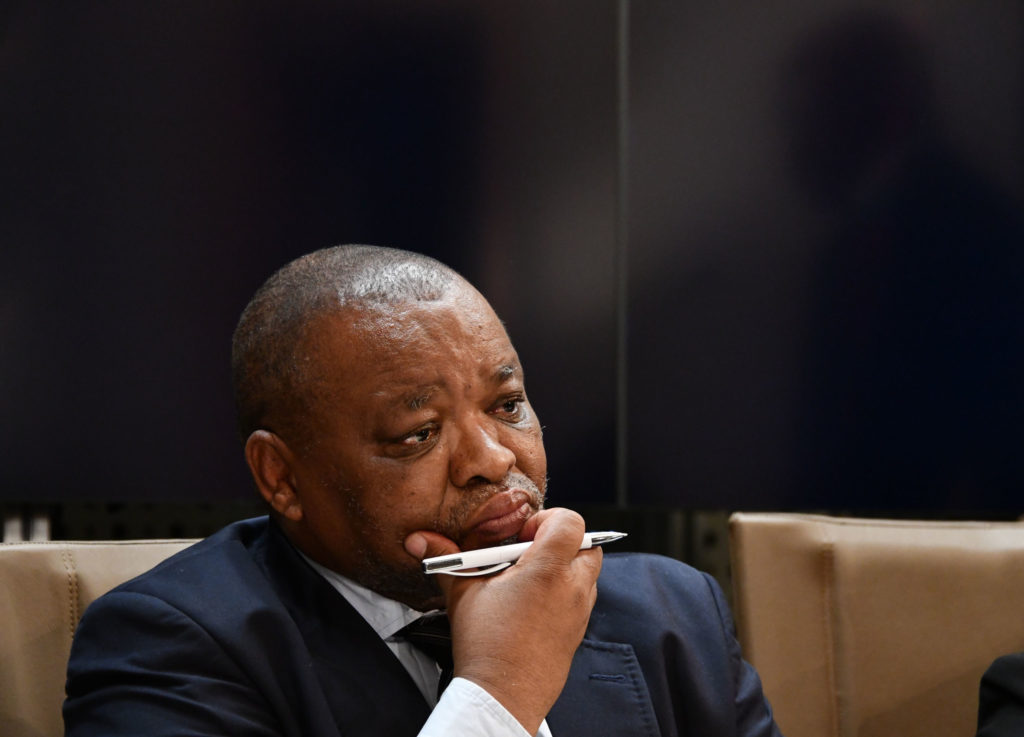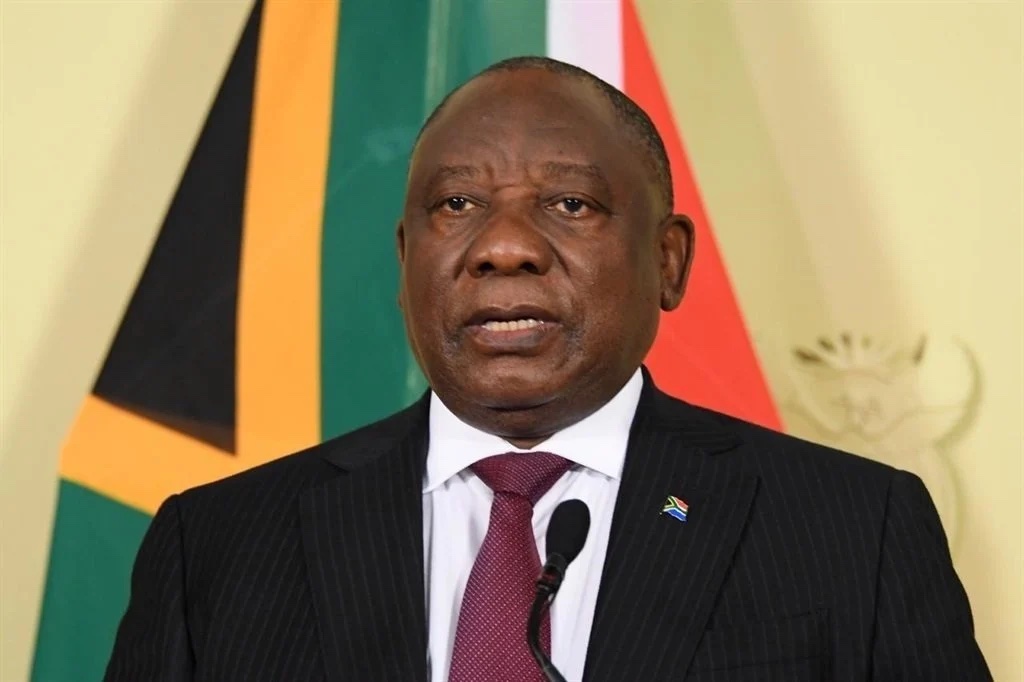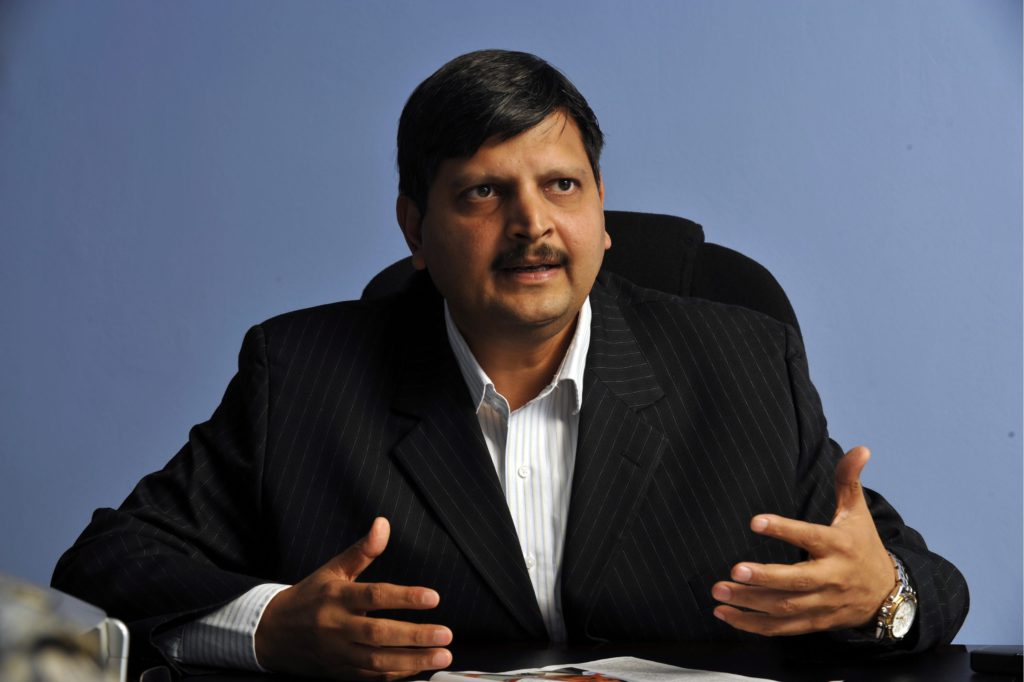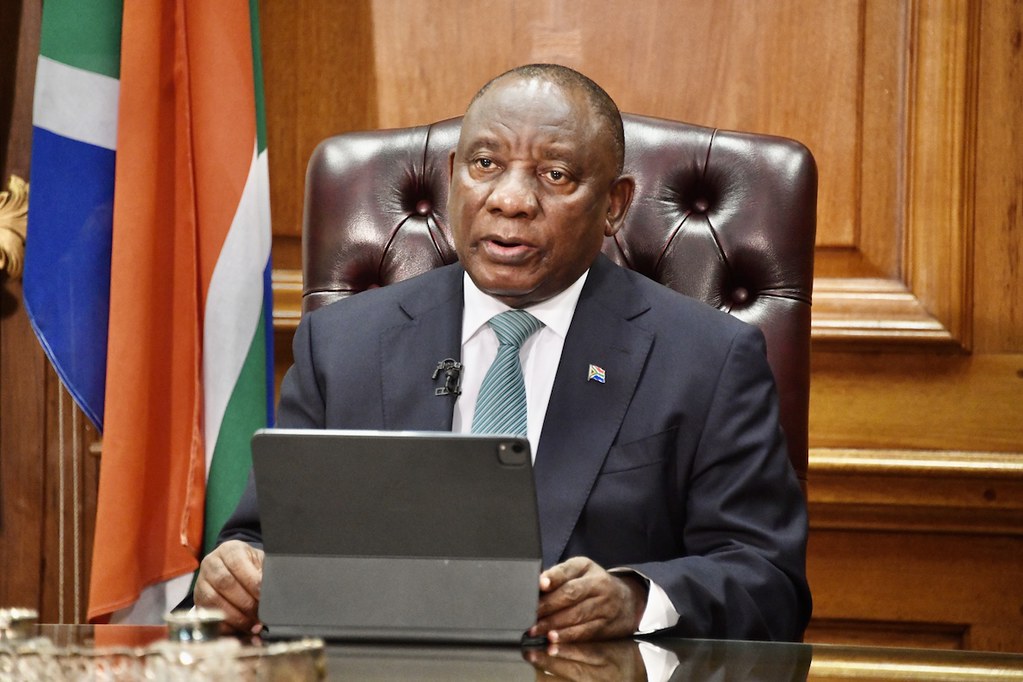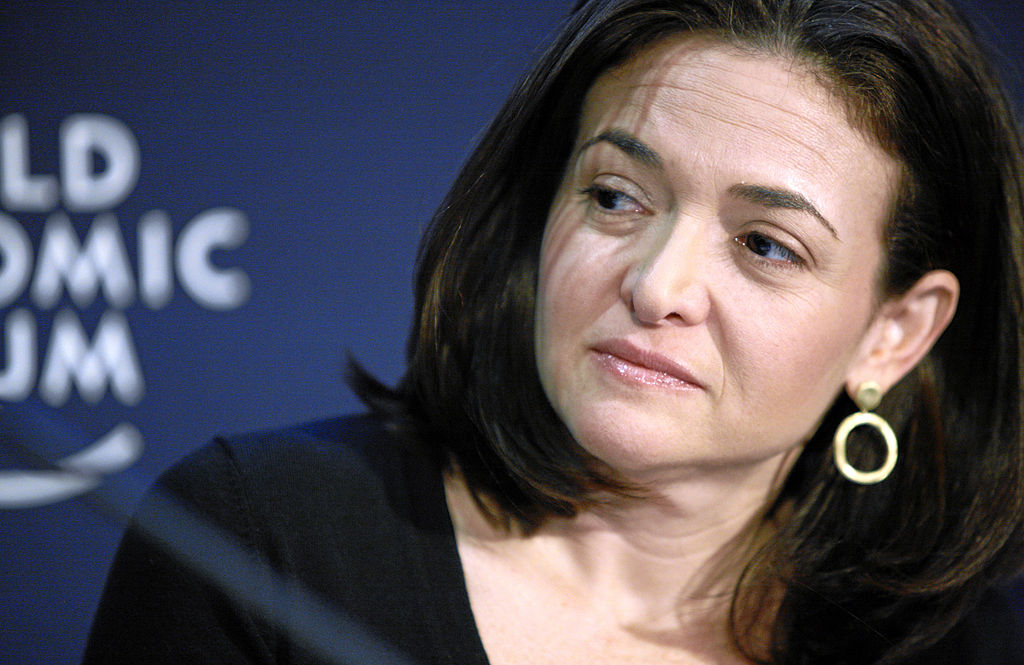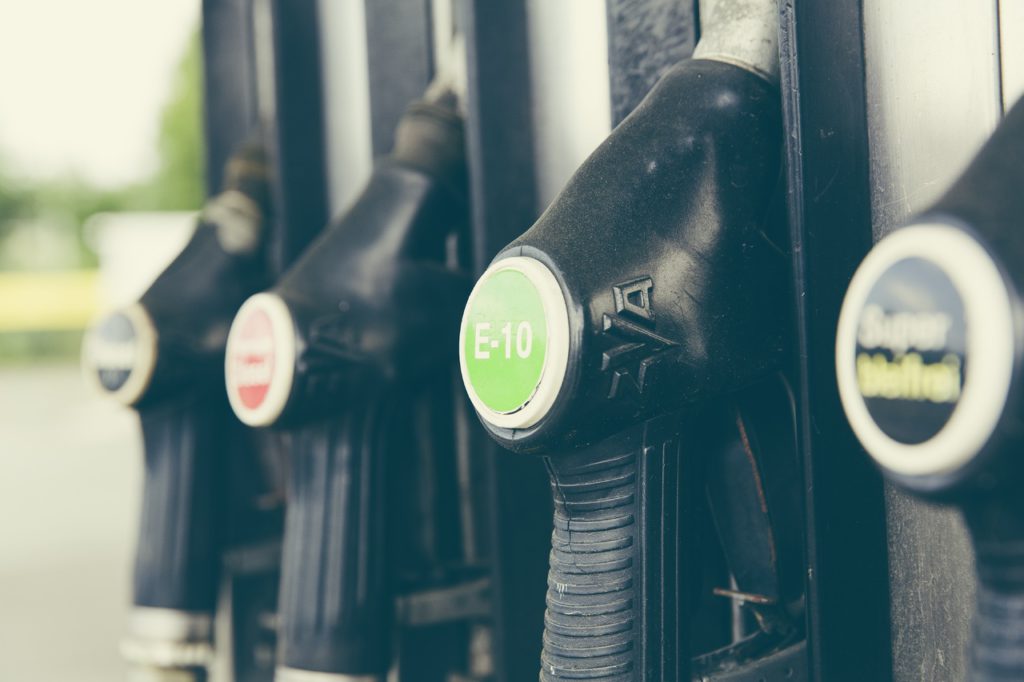Energy Minister Gwede Mantashe says he’s sticking with coal power for now because a full-scale transition away from coal to renewables would cause job loss, drive up electricity costs and damage the economy.
Manatashe delivered the keynote address at an energy summit gala dinner on Thursday evening, hosted by the South African Youth Economic Council.
He discussed South Africa’s just transition plan and its developmental economic objectives.
He said that the argument for renewable energy over coal-fired energy had been simplistically detailed as moving away from coal completely and solely to renewable energy, but Mantashe sees it as more of a movement away from “high carbon emissions to low carbon emissions.”
Mantashe sees the continued use of coal as protecting the livelihoods of the people who work on the coal mines and cited his own experiences of working on coal mines for several years.
The energy minister pointed out that SA’s 80 coal-fired power stations produce some 75% of the country’s electricity, hence the difficulty in simply shutting down those plants.
“You don’t destroy what you have on the basis of hope that something better is coming.
You build for the future on what you know and what you have. So that approach to me is scientific, is systematic, it protects the present ability of the state to supply energy.”
That “something better” that Mantashe refers to is the R131 billion that was pledged towards SA by the European Union, Germany, France, the UK and the US at the COP26 conference last year, to help South Africa reach its climate action goals.
But Mantashe says that money won’t simply be given to South Africa, the country will have to pay it back in the form of a loan with interest and added the R131 billion commitment is around R50 billion short of financing the upgrade of the national grid infrastructure.
He again emphasised his reason for sticking for coal as the renewable energy technology alternatives aren’t readily available.
“They say you must phase down, meaning that we must be systematic in dealing with the exit from coal.
To tell the truth, the whole of Glasgow said these commitments made by some are based on technologies that are yet to be developed. And this is at best reckless and, at worst, dangerous.”
One thing is for certain, we must pay careful attention to our renewable energy commitments and ensure that we are, indeed, moving towards net-zero emissions and meeting our climate obligations.
While at least 5,422 megawatts from the Renewable Independent Power Producer Programme is already connected to the grid, there is still some way to go.
Yesterday, the Pretoria High Court ruled that the controversial Administrative Adjudication of Road Traffic Offences (Aarto) Act and the Aarto Amendment Act are unconstitutional.
The case was brought before the court in October 2021, when the Organisation Undoing Tax Abuse (Outa) asked for the court to declare both the main act and the amendment act unconstitutional.
Judge Annali Basson found in favour of Outa and agreed with the group’s position that the legislation unlawfully intrudes upon the exclusive executive and legislative competence of the local and provincial governments envisaged in the Constitution, preventing local and provincial governments from regulating their own affairs.
The Aarto system was to become fully operational in July 2022, which would have included the introduction of the new traffic demerit system but it’s back to the drawing board for the government, who will hopefully consult society on how to make our roads safer before instituting any new laws.
The rand is likely to track international movements today says forex trading house TreasuryONE and should stay between the R15.30 and R15.50 range in trade.
The local unit is currently trading at R15.39/$.
In commodities, gold and platinum are trading firmer at $1,826 and $978, respectively, while palladium is around 1.0% weaker at $1,870. Copper has slipped from yesterday’s three-month high, trading below the $10,000 per ton level again.
The oil price is holding fairly steady at $84.40 for Brent crude.
Here’s a roundup of the world’s top and most interesting headlines:
SA Business
ArcelorMittal SA’s purple patch: Can it sustain profitability? – Daily Maverick
Freight, trucking industry ‘causing problems’ by not employing locals – Zikalala – News24
South Africa faces alcohol supply problems due to bottle shortages – BusinessTech
Global Business
Tesla delays initial production of Cybertruck to early 2023 – Reuters
Citigroup reaches 99% compliance on U.S.
staff vaccine mandate – Reuters
China exports surge in 2021 as global demand picks up – AFP
Markets
Asian shares fall on Fed officials’ hawkish policy stance – Reuters
Oil dips as investors eye U.S.
crude release, China demand concerns – Reuters
Nasdaq, S&P fall with tech stocks out of favour – SABC
Opinion/In-depth
How fast will the ANC fall, part five: When Ramaphosa goes – Daily Maverick
Mantashe on state capture: An attack on deployment is an attack on transformation, democracy – Fin24
JSE’s investment universe is shrinking at an alarming rate – BizNews
Video
How to make money in crypto in a falling market – AusBiz
Are Big Tech Like Facebook and Tencent ‘Threat’ to Open Metaverse? – Coindesk
Setting up for a bout of US dollar weakness – AusBiz
Image: GCIS

